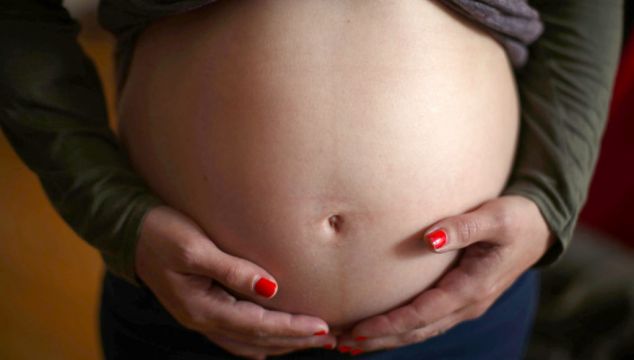Helping women to eat healthily before and during pregnancy would reduce the risk of obesity for their children, according to a new study.
Researchers from the University of Southampton in England found children aged eight or nine were more likely to be obese if their mother had a poor diet during pregnancy and before.
The research, published in the International Journal of Obesity, analysed data on the diets of 2,963 mother-child pairs who were part of the UK Southampton Women’s Survey – a long-running study that tracks the health of mothers and their children.
Mothers who were younger, had attained fewer academic qualifications, smoked and had a higher body mass index (BMI) before pregnancy were more likely to be ranked in a worse diet quality group with their child.
When the children were eight or nine, the researchers assessed the amount of fat tissue in their bodies using a dual-energy X-ray absorptiometry (DXA) scan.
They also calculated the child’s BMI, adjusting this to account for their age and sex.
The results showed that if a mother-child pair was in a lower diet quality group, this was associated with the child having a higher DXA percentage body fat and BMI at age eight or nine.
Dr Sarah Crozier, associate professor of statistical epidemiology, said: “Childhood obesity is a significant and growing issue in the UK, causing long-lasting health problems that extend well into adulthood.
“This research shows the importance of intervening at the earliest possible stage in a child’s life, in pregnancy or even before conception, to enable us to tackle it.”







